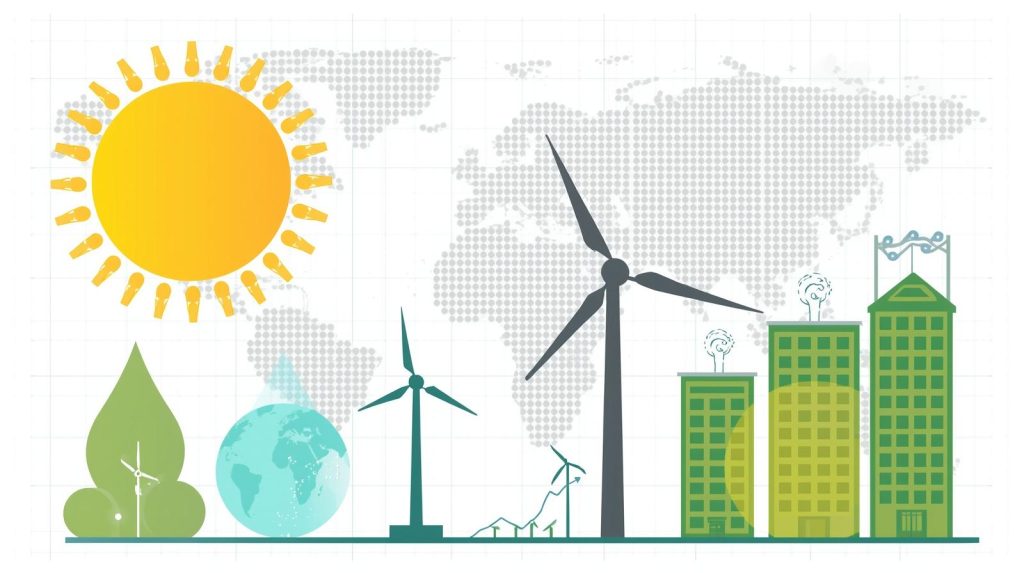
Why Climate Change Matters to Investors
Climate change is no longer just an environmental issue—it’s a financial one. From rising sea levels threatening coastal real estate to wildfires disrupting supply chains, climate risks directly affect company performance and market stability.
For investors, ignoring climate change means ignoring a major driver of both risk and opportunity. Integrating climate considerations into investment strategies has become essential in 2025, not optional.
Key Climate Risks Affecting Global Markets
Physical Risks (Extreme Weather, Rising Seas)
Floods, hurricanes, and droughts disrupt industries, damage infrastructure, and increase insurance costs. These risks affect everything from agriculture to energy to real estate.
Transition Risks (Policy, Regulation, Technology)
Governments worldwide are tightening climate policies—carbon taxes, emissions limits, and renewable energy incentives. Companies that adapt thrive, while laggards face declining valuations.
Liability Risks (Legal and Reputational)
Firms ignoring climate impacts face lawsuits, regulatory fines, and reputational damage. Investors must factor in how well companies manage these responsibilities.
How Climate Change Creates Investment Opportunities
Renewable Energy and Clean Tech
As the world transitions away from fossil fuels, renewable energy companies—from solar and wind to battery storage and hydrogen—are positioned for long-term growth. Investors can gain exposure through clean energy ETFs or direct equity investments.
Sustainable Agriculture and Water Solutions
Climate change affects crop yields and water availability. Companies innovating in precision agriculture, vertical farming, and water purification technologies stand to benefit as global food and water security become top priorities.
Green Infrastructure and Real Estate
Cities worldwide are investing in climate-resilient infrastructure, from flood defenses to energy-efficient buildings. Real estate developers focusing on sustainability are better positioned to attract long-term tenants and investors.
ESG and Climate-Focused Funds in 2025
ESG (Environmental, Social, and Governance) investing has become mainstream. In 2025, climate-focused ETFs and funds allow investors to target sustainability directly. Popular options include:
- iShares Global Clean Energy ETF (ICLN)
- Invesco Solar ETF (TAN)
- SPDR S&P 500 ESG ETF (EFIV)
These funds provide diversified exposure to companies leading the transition to a low-carbon economy.
Practical Strategies for Everyday Investors
Evaluating ESG Ratings and Reports
Before investing, check ESG scores and company sustainability reports. While not perfect, these tools help identify firms genuinely committed to climate adaptation.
Diversifying into Climate-Themed ETFs
ETFs offer a simple entry point for retail investors. Allocating even a small percentage of your portfolio to climate-focused funds ensures participation in long-term green growth.
Balancing Profit with Sustainability
Sustainable investing isn’t charity—it’s about aligning financial goals with future-proof strategies. Many climate-focused companies are not only resilient but also profitable.
Final Thoughts: Investing in a Changing World
Climate change is transforming the global investment landscape. For everyday investors, the challenge is also an opportunity: by aligning portfolios with climate resilience and sustainability, you’re not just protecting wealth—you’re contributing to a more stable future.
The reality of 2025 is clear: climate risk is investment risk. Those who adapt their strategies today will be best positioned for tomorrow’s opportunities.
Leave a Reply